If your fridge is warm or the washing machine won’t spin, the first thing you need is a clear diagnosis. Knowing what’s wrong saves you a call to a pro and cuts repair costs. Below are straightforward steps you can use on most home appliances, plus a few handy tips for the most common culprits.
Start with the easy stuff. Unplug the appliance, wait a minute, then plug it back in. This resets the electronics and clears minor glitches. Next, look for error codes on the display – they’re usually explained in the user manual or a quick online search. If there’s no code, check the power source: is the plug firm? Is the breaker tripped? A loose connection often mimics a faulty part.
Now listen and look. Strange noises, leaks, or unusual smells point to specific issues. A humming fridge that doesn’t cool likely means a condenser problem, while a squealing dryer hints at a worn belt. Write down what you observe before you start opening panels – it helps you stay organized and tells a technician exactly what you’ve seen.
Washing Machines: If the drum won’t turn, first check the lid switch – many models won’t run with a faulty latch. Next, examine the water inlet valves; clogs or a broken solenoid prevent filling. For leaks, inspect the hoses and pump seal. A quick test is to run a short cycle with the machine empty and watch for any irregularities.
Electric Ovens and Hobs: A cold oven usually means a blown thermal fuse or a bad heating element. Remove the back panel and look for a broken wire or a burnt coil. Use a multimeter to test continuity – a zero reading means the part needs replacing. For hobs, check each burner’s connection; a loose terminal can cause one or two zones to stop heating.
Heat Pumps: When a heat pump isn’t blowing warm air, the filter might be clogged, restricting airflow. Clean or replace the filter, then clear any debris from the outside unit. If the system still runs cold, the refrigerant level could be low – that’s a job for a qualified technician.
Water Heaters: Cold showers often stem from a broken thermostat or a sediment‑filled tank. Drain a few gallons of water to clear the sludge, then test the thermostat with a multimeter. If the heater keeps resetting, the pressure‑relief valve may be faulty and should be inspected.
Extractor Fans: A fan that hums but doesn’t move air usually has a motor that’s seized. Turn off power, remove the fan cover, and manually spin the blades; resistance means the motor needs replacement. Also check the vent duct for blockages – a simple brush can clear years of dust.
These checks cover the majority of DIY diagnostics. If you hit a dead end, note down what you’ve tested and call a professional with the details. The more information you give, the quicker they can pinpoint the fix.
Remember, safety comes first. Always cut power before opening any appliance, and use the right tools. A basic screwdriver set, a multimeter, and a bucket for water are all you need for most diagnostics. With these simple steps, you’ll catch many problems early and keep your home appliances running smoothly.

A practical guide for diagnosing common refrigerator problems, spotting signs of faults, and fixing them at home with tips and real-world facts.
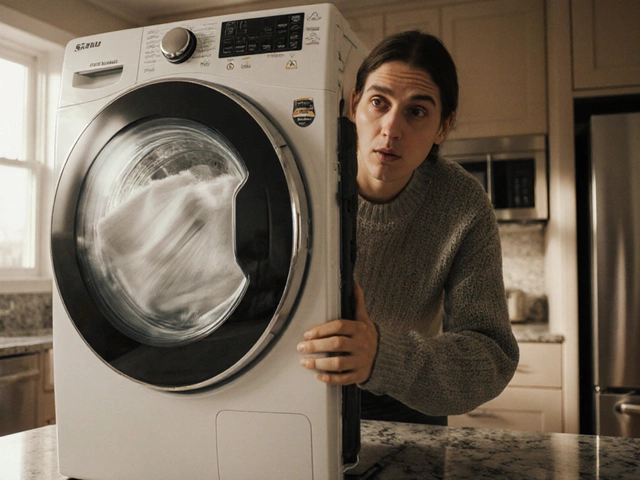
Learn why and when appliances need professional service, the signs of trouble, how often each should be checked, DIY tips, costs and when to replace.
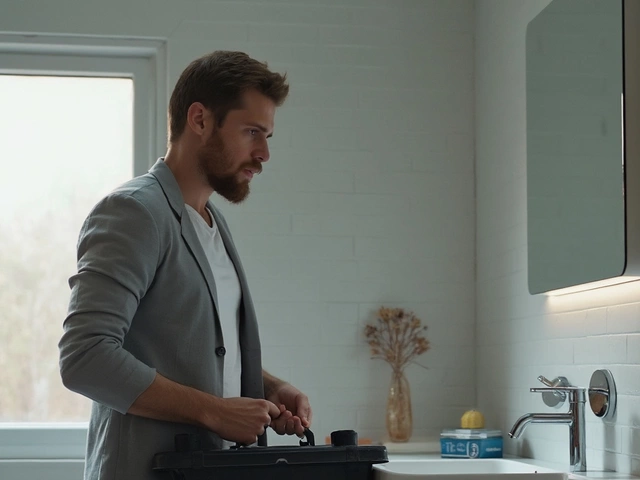
Discover who to call when your bathroom extractor fan starts acting up. This article explores whether to hire a professional electrician or tackle it yourself, highlighting common issues and maintenance tips. You'll also learn why keeping your fan in top shape matters more than you might think.
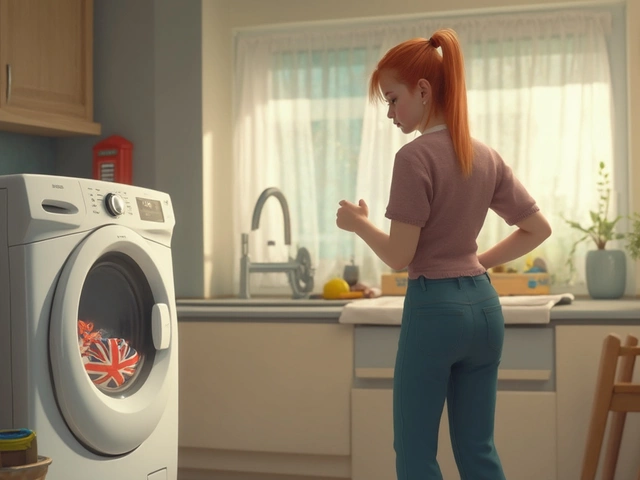
Ever found yourself standing in front of a stubborn washing machine that just won’t cooperate? It can be frustrating, right? This practical guide walks you through the simple steps to reset your washing machine, saving you from unnecessary headaches. From spotting common issues to quick fixes, you'll find all you need to get your washer back on track.
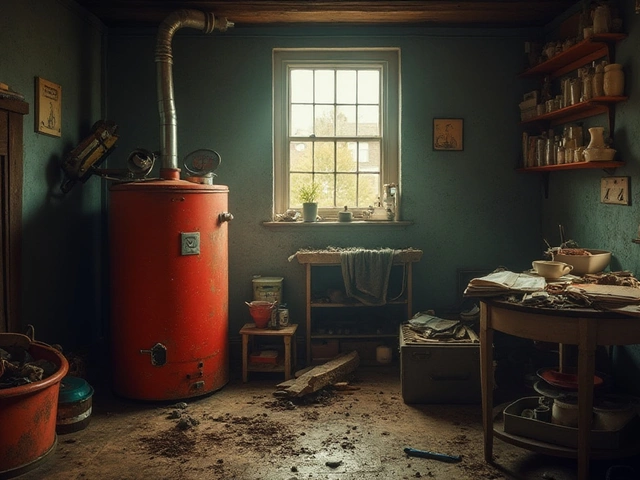
A 40-year-old boiler can pose potential safety risks. Understanding the wear and tear it undergoes over the decades is crucial. Regular maintenance and safety checks are essential to ensure it operates safely. Homeowners should consider the pros and cons of keeping such an old appliance. Discover tips and advice on making informed decisions regarding your boiler's safety and efficiency.
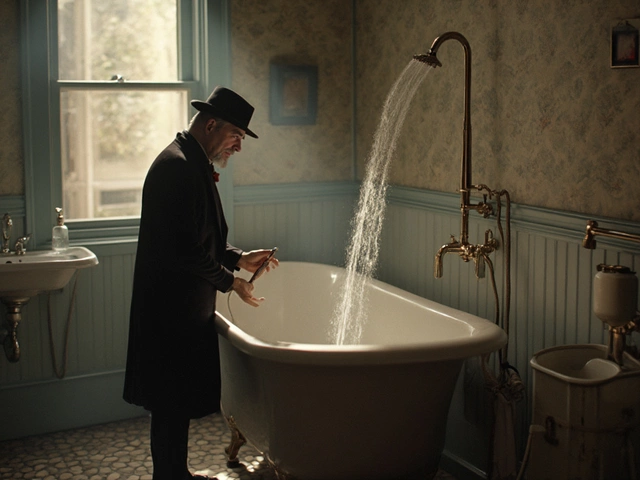
A puzzling situation arises when your shower lacks hot water while the sink heats perfectly fine. This article dives into possible reasons like different pipe routes, shower valve issues, and water heater capacity. It also offers practical solutions, such as checking the temperature settings and flushing the water heater to remove sediment. Understanding common plumbing malfunctions can lead to quick fixes without calling a professional.